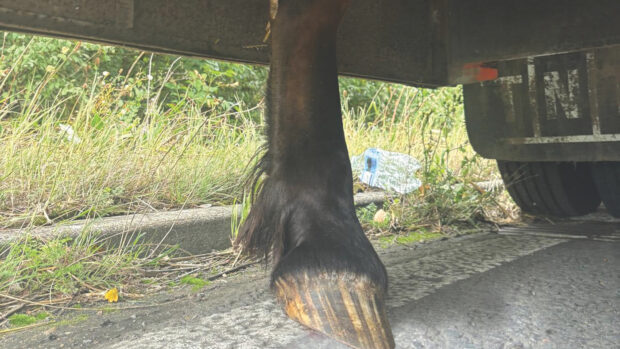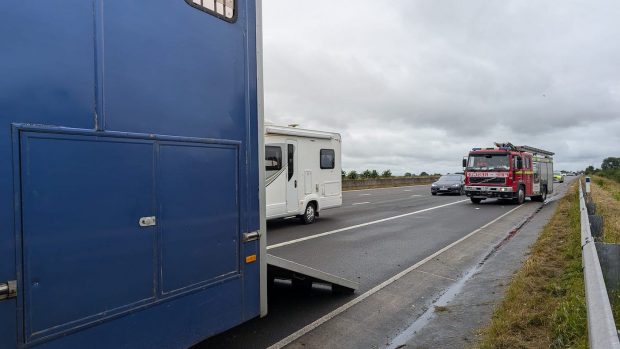Horse movement rules between Britain, Ireland and France are to be tightened in the wake of the horse meat scandal.
The Tripartite Agreement — which allows horses to travel between the UK, France and Ireland without the need for a health certificate — is to revert to its original status. This means the agreement will now only apply to registered racehorses and FEI approved competition horses.
The rules would only apply between France and the UK, and Ireland and France, due to the UK and Ireland’s shared health status.
Roly Owers from World Horse Welfare told H&H that he had been encouraging Defra to tighten the agreement “for years”.
“We were in discussions before the horse meat scandal, but there’s no doubt that gave it extra focus and impetus and Defra an increased willingness to listen,” he said. “Currently, there is no record of which horses are travelling — which is the problem.”
The Tripartite Agreement was set up by the chief veterinary officers in Ireland, France and the UK in the 1970s to allow thoroughbreds to travel between the three countries without a formal vet inspection.
But the industry says that since 2005 — when the agreement was expanded to allow free movement of all horses except those destined for slaughter — the disease risk to the UK’s equine population has seriously increased. Vets having been calling for a change for a long time.
Jan Rogers from the British Equestrian Federation said: “The proposed changes are evidence based. They are necessary to continue to permit horses of high health and high performance status to move between the three signatory countries, without the need for inspection, health attestation or a health certificate.
“If they don’t have an FEI recognition card, owners have to apply for a health certificate, which will be an additional burden. But it will be worth it to prevent the disease risk.”
Roly Owers said the agreement was “essential” to help prevent the spread of disease and “protect horses of a lower market value from being shipped unnecessarily and untraceably from country to country, with all of the welfare problems that creates”.
Louise Kemble of the Thoroughbred Breeders Association said the racing and breeding industries also welcomed the proposals.
A date for the changes to come in has not yet been set, but a letter from Defra stated it expects that a revised agreement would operate from January 2014.
This news story was first published in Horse & Hound magazine (12 September 2013).





